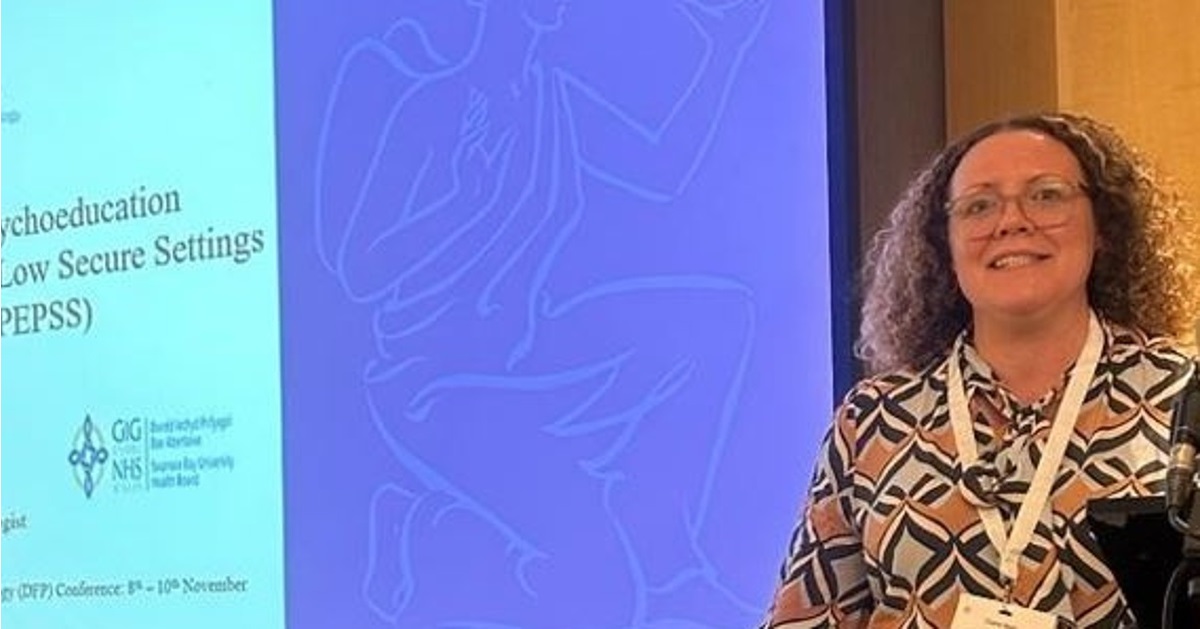Family therapy to help rehabilitation of offenders being rolled out after Welsh pilot

Family therapy intervention is being rolled out to help some offenders with their rehabilitation and recovery following a successful pilot undertaken in Wales.
Known as family psychoeducation, the approach has been piloted in a low secure mental health unit within Swansea Bay health Board.
The work will now be adapted for use in other forensic mental health services, including prisons and a crisis team.
It also has the potential to be used in medium secure units and community forensic teams.
Implementation
Dr Claire Nagi is a consultant forensic psychologist and Swansea Bay’s professional lead for mental health and learning disorder, or MHLD, psychology, said: “International research indicates family therapy is used relatively infrequently within forensic mental health services due to problems around its implementation, such as a lack of staff trained in formal family therapy.
“In order to bridge this service gap, a Family Psychoeducation Programme for Low Secure Settings – F-PEPSS – was developed for individuals housed within a low secure setting and their families.
“It engages the family who sometimes have negative experiences of mental health services. We develop a positive alliance with them so they don’t feel excluded, and then they’re more likely to engage in our services in future.
“It gives families the opportunity to perhaps ask a challenging question to the patient within a safe setting, which they might not have asked before.
“Given that relatives are found to play a critical role in prisoners’ successful return to the community, we think it may be beneficial for non-mentally disordered offenders within prison settings.”
Family home
The family sessions, which last up to 90 minutes, are delivered within a ward or family home, with two members of staff, and focus on knowledge development, building understanding and risk and relapse management.
Dr Nagi added: “Families reported having learned new information about their family member, particularly around the links between their mental health and offending behaviours.
“This is particularly important given all the participants involved had at least one previous conviction for a violent offence, and most of the families had been victims of aggression in the past.
“Staff involved in the programme reported a number of benefits of taking part, including information obtained from families around early warning signs and risk factors leading to their offending behaviours.
“It also allowed them to develop a better rapport with the family, provide reassurance and enlist their support.”
Staff intend to expand the F-PEPSS programme to prisons and crisis team next year, in partnership with Hywel Dda University Health Board, and security service G4S
The work has also been shared with colleagues across the UK at a conference hosted by the British Psychological Society.
Support our Nation today
For the price of a cup of coffee a month you can help us create an independent, not-for-profit, national news service for the people of Wales, by the people of Wales.






